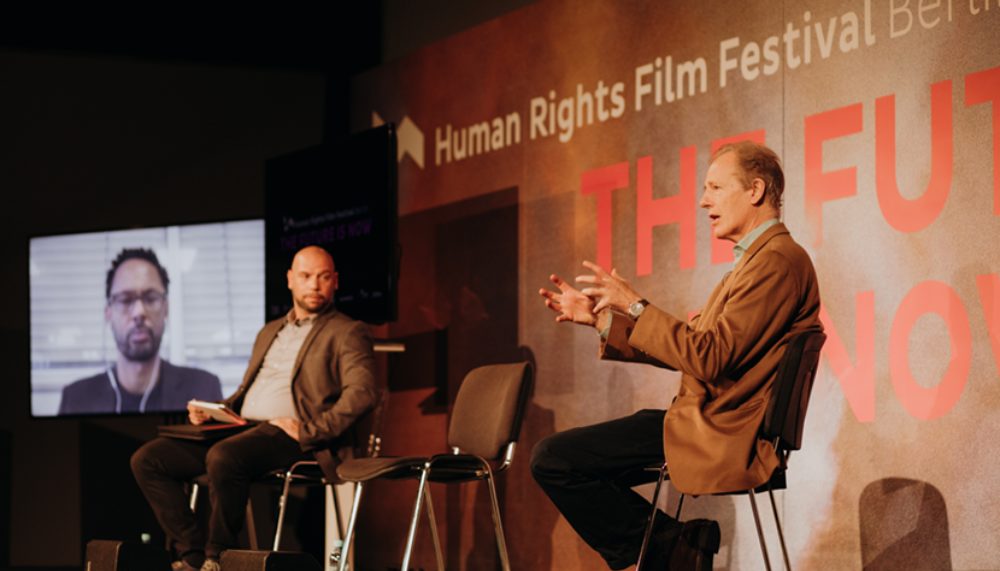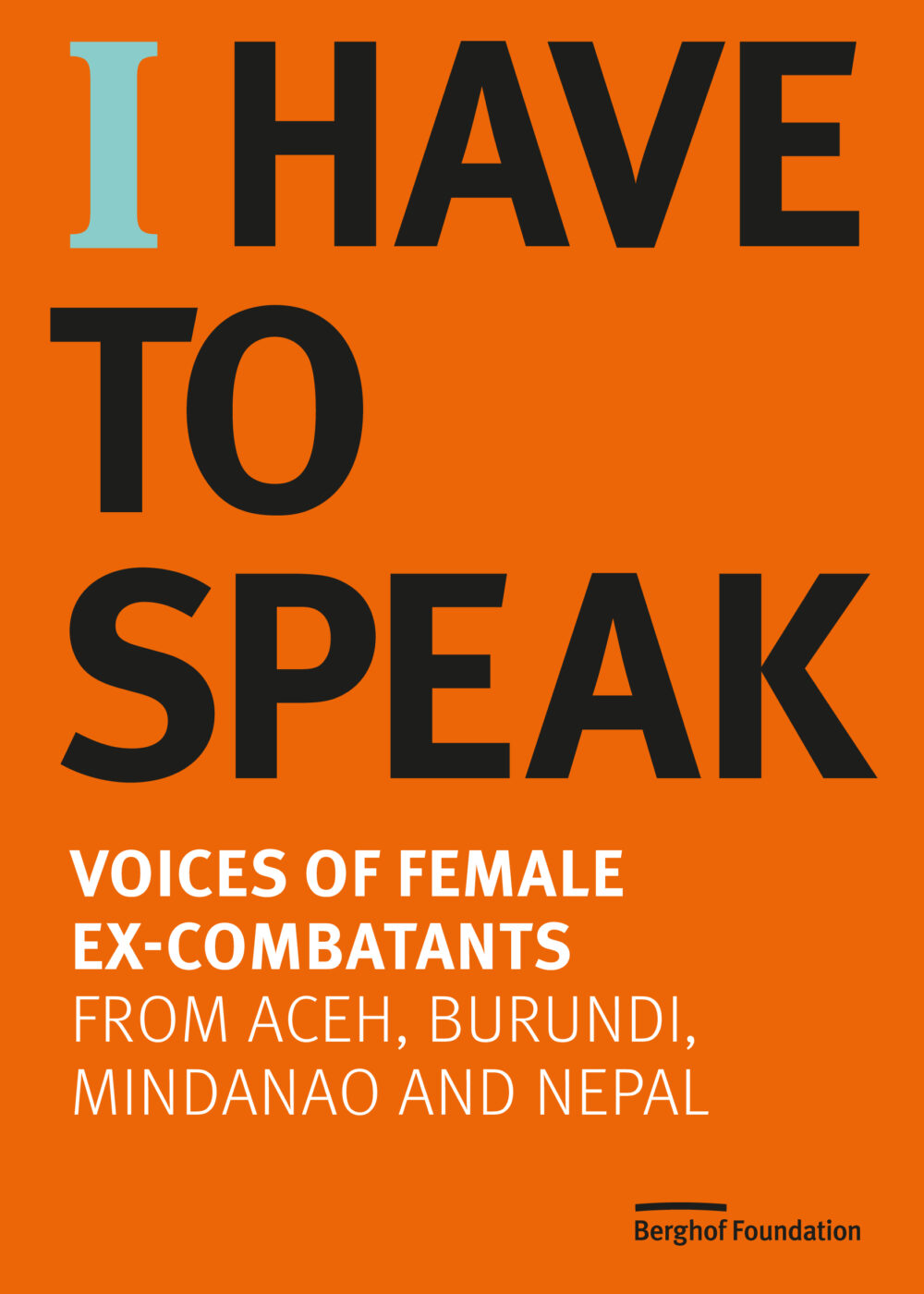FEATURE | 29 Dec 2020
Our work in 2020
As 2021 arrives, we take a quick look back at a few highlights from our work in 2020 and the prospects for peace for 2021.

This year proved to be especially challenging for so many people and organisations. In addition to the pandemic, many countries and regions are facing economic, humanitarian and ecological challenges. Especially alarming to us, some conflicts in regions where we work intensified. Notwithstanding these challenges, this year also offered hope. As 2021 begins, we take a quick look back at a few highlights from our work in 2020 and the prospects for peace for 2021.
To stay up to date, also sign up for our newsletter.
Breakthrough agreement in Afghanistan
Afghan government and Taliban movement representatives came to an agreement on the procedure and the preamble of the peace negotiations at the beginning of the month. We have been continuously supporting the negotiation process, and welcome this first major achievement towards a peace deal. In a recent statement we emphasised that it is high time to walk the talk, and stop the violence and suffering in Afghanistan. Hans-Joachim Giessmann, Director Emeritus and Senior Advisor on Afghanistan at the Berghof Foundation, stresses the importance of inclusion: "The next vital step for the peace desperately wanted by all sectors of Afghan society is an agreement on the agenda. The negotiations need to be inclusive and led by Afghans themselves in order to be successful. To assure sustainable peace, there needs to be an end to the violence that currently plagues the country."
Interim agreement in Ethiopia
In September, ten Amhara and Oromo political parties signed an interim agreement on joint political positions in Addis Ababa. This interim agreement marked an important step in the relations of the two largest ethnic groups in Ethiopia. Notwithstanding the ongoing challenges in the country, the agreement issued a strong call for de-escalation of tensions and for reconciliation between the two communities. Support for the Oromo Amhara Dialogue Process is part of our engagement contributing to the strengthening of the Ethiopian transition process.
History-based dialogues in the Caucasus and Balkans
Throughout the year, we organised more than 1,400 memory and history-based dialogue workshops in Abkhazia and Georgia. With our work, we support our partners in overcoming the 'silence on history'; participants from both societies listen to different voices and exchange their stories in the workshops. Similar work continued in Azerbaijan and Bosnia. Before the outbreak of violent conflict, we were able to organise several biographical salons in Stepanakert, the capital of Nagorno-Karabakh. Know Abkhazian, Georgian or Russian? Then check out our YouTube channel for videos about these powerful sessions.
Fifth anniversary of the Service Centre Peace Education
Since 2015, teachers and students in Baden-Wuerttemberg have had a contact point for their questions about peace education: The Service Centre Peace Education is the central point of contact for schools and educators to get advice on their questions related to peace education and to find the opportunity to network with other schools or institutions. During the past five years, the Service Centre has developed online and offline learning materials on peace education topics, offered trainings, and engaged students in discussions on how to achieve peace on a local and global level. "The Service Centre is a beacon of peace education. It already has an impact far beyond Baden-Wuerttemberg," said Uli Jäger, Head of Department for Global Learning for Conflict Transformation at Berghof and member of the Service Centre’s steering committee.

I Have To Speak: Voices of Female Ex-Combatants
This booklet seeks to amplify some of the hidden and forgotten voices in conflict. These stories of female ex-combatants from diverse political, religious, ethnic and national backgrounds show that women and their experiences of armed conflict have to be taken seriously for building sustainable peace. In December, we organised an event with female (ex-)combatants together with LSE Centre for Women, Peace and Security, which offered space to reflect with UN1325 experts on the challenges and opportunities of supporting those women’s agency in negotiations and peacebuilding processes.
Berghof turns 50
Good reason to celebrate: In 2021, the Berghof Foundation looks back on 50 years of creating space for conflict transformation. To honour our achievements as well as to look ahead to opportunities and challenges, we will mark this year with a series of events, publications and other activities. Our Executive Director Andrew Gilmour emphasises: “We will we be looking back on some highlights from our work over the last 50 years, in order to draw lessons from them, but our main focus will be on the exciting work to come. We will be inviting you to participate in some of the events we will be holding next year, covering a wide variety of topics.”
How to stay up to date?
Are you interested in our work? Want to learn when our events take place? Sign up for our newsletter to get the latest information. We look forward to welcoming you to Berghof next year, not just virtually but also – we hope – in person.
Media contact
You can reach the press team at:
+49 (0) 177 7052758
email hidden; JavaScript is required


